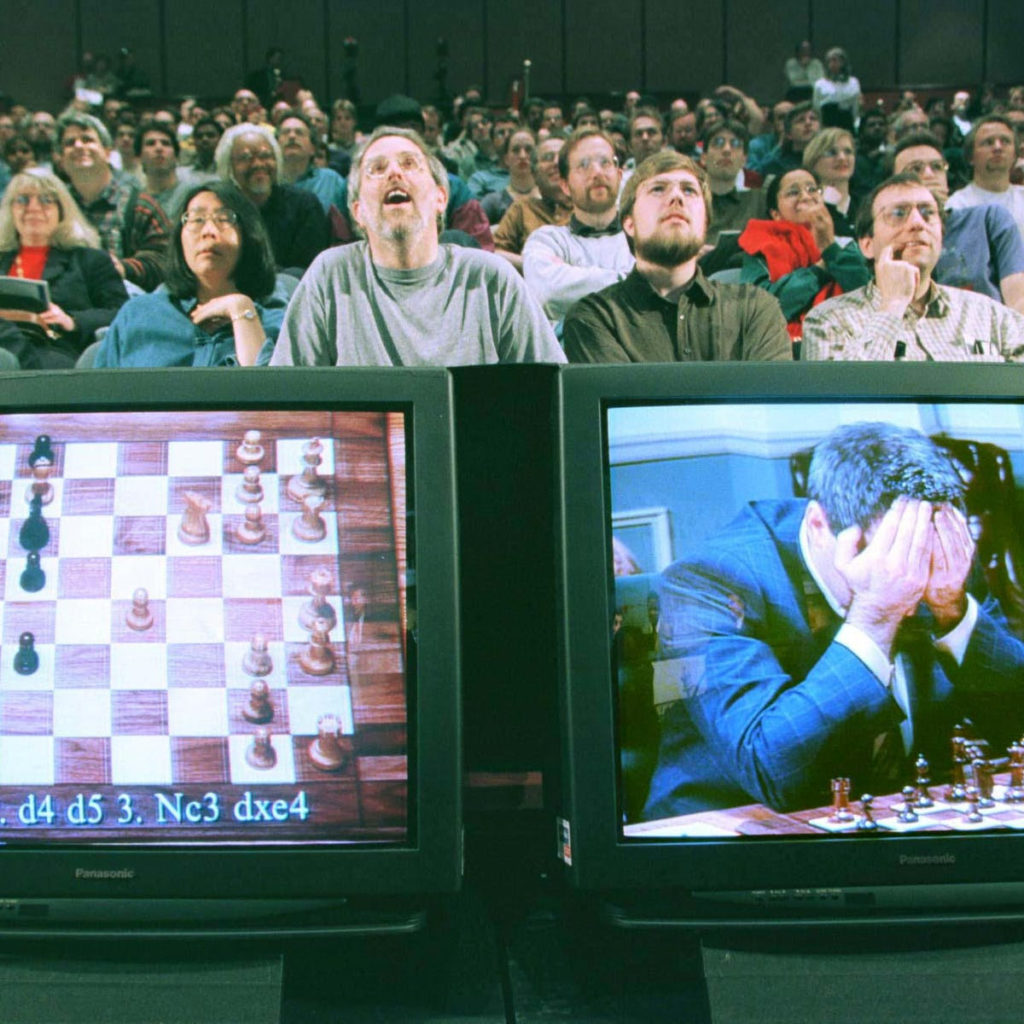By Matt White, vice president of Quantcast, EMEA
25 years ago this month Chess Grand Master Garry Kasparov beat the IBM computer Big Blue. The advent of big data and the origins of AI can be traced back to a historic chess game, and there are lessons for marketers to be learnt from this momentous match.
Famously in 1996, Kasparov played Deep Blue in a six-match series. He lost the first match. He argued that he lost because he didn’t have access to the same computing power that Big Blue had, and that the match was therefore imbalanced. This led to Kasparov inventing ‘advanced chess’ in 1998, a new form of chess where humans and computers played together, pushing boundaries, demonstrating that human creativity and machine learning are more powerful when they work together.
Kasparov was one of the first people to explore the symbiotic relationship between man and machine learning, to improve performance. This is just as relevant in martech. Below we outline a number of examples where AI is helping marketers improve performance.
Machine Learning gives marketers brainpower of Big Blue
Not unlike Kasparov’s invention of advanced chess, machine learning allows marketers to combine the ability to base decisions on vast amounts of data with the human USPs of creativity, strategic thinking and flexibility. Today’s martech platforms enable marketers to plan, execute and analyse campaigns with several clicks of a mouse, eradicating the heavy lifting behind the strategy. This gives marketers the bandwidth to focus on longer-term strategy and award-winning creativity, helping make up for lost time in a difficult year.
Staying five moves ahead
Deep Blue could process 200,000,000 chess moves per second, giving it the ability to predict its opponents next moves. Being able to monitor and react to customers online behaviour in real-time presents a similar opportunity for marketers. Since the first lockdown we have witnessed many changes in consumer behaviour. Automation and machine learning allow marketers to stay ahead of these rapidly changing trends (as well as their competition), and maximise their budgets by responding to micro-trends in real-time.
Understand your audience/opponent:
Deep Blue had the computational power to determine all possible moves and consequent outcomes within milliseconds. Deep Blue also had access to records of Kasparov’s past games, so on top of knowing what is possible, it could determine what was likely.
This is a brilliant example of exactly how machine learning is helping marketers today: it doesn’t only find facts amidst impossible amounts of data, such as determining which users are in the pre-defined target audience. Machine learning analyses behaviours and makes predictions based on these to determine whose behaviour indicates they will probably fall into the audience- this is probabilistic data.
As marketers look to gain an edge in a very competitive landscape, they would do well to take a leaf out of Kasparov’s book and use Martech to provide the marginal gains to succeed.









